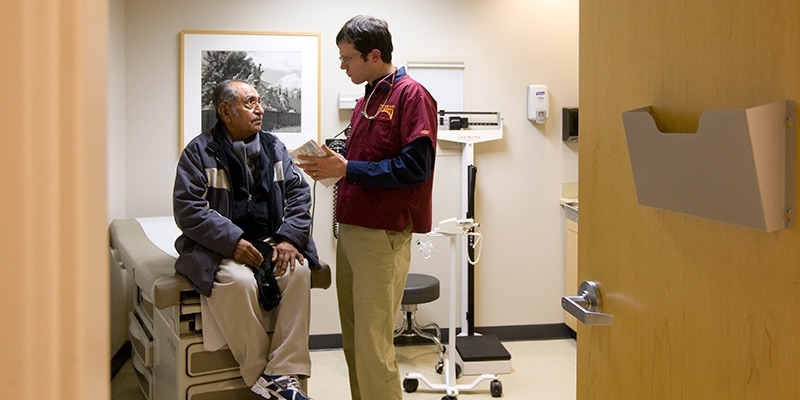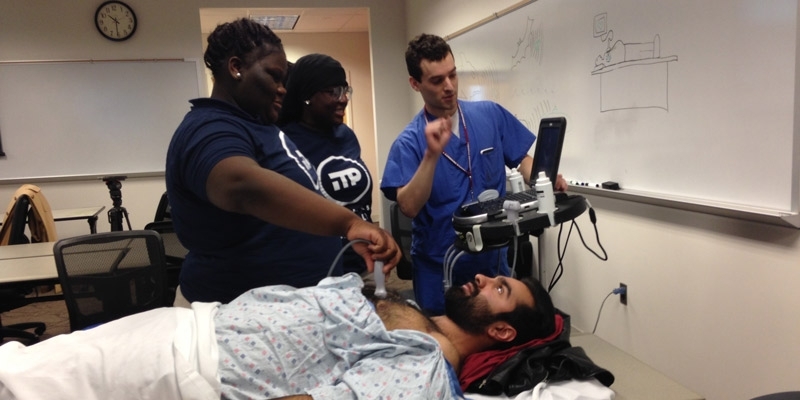TUHS practices join federal program to improve primary care
Comprehensive Primary Care Plus aims to improve patients’ experiences with primary care and create a public-private partnership that allows practices to improve treatment and better invest their funds.

Temple University Health System recently became one of nearly 3,000 health systems nationwide to participate in a program that could revolutionize the way primary care is delivered to patients.
The program, Comprehensive Primary Care Plus, commonly called CPC+, aims to improve patients’ experiences in primary care by increasing access to physician practices; strengthening ongoing care management; and increasing engagement between patients and their medical care providers. The CPC+ program creates a public-private partnership through which both Medicare and select private insurance companies are investing in primary care practices to improve patient outcomes.
For roughly 7,000 patients who will be touched by the program Temple Physicians primary care practices, the initiative will mean more contact with their doctor’s offices—such as reminder calls from nurses to schedule routine checks, like mammograms or glucose screens.
“The program is really designed to foster a patient-centered medical home environment within the physician practices,” said Steven Carson, vice president of clinical integration of the Temple Center for Population Health and Temple University Health System. “Patients can expect to see consistency in who sees them in the practice [and] outreach from their care team following a hospital admission or an emergency department visit for follow-up care.”
Temple’s practices participating in the program are Temple Physicians at Rockledge, Temple Physicians at Fort Washington, Fox Chase Internal Medicine, Jamestown Family Medicine, Temple Physicians at Lawndale and Temple Physicians at Palmer Park.
“The populations [at those practices] matched up best with what the government was looking for” for the pilot,” said Marc Hurowitz, a primary-care physician and chief executive officer of Temple Physicians Inc.
Carson said the CPC+ goals are aligned with improvements that Temple’s health system has already been implementing across its physician practices in collaboration with the Temple Center for Population Health.
“We’ve added nurse navigators and community health workers in practices to help support patient needs in those practices and patients transitioning from the hospital back into the physical practices,” Carson said, adding that those employees help to coordinate overall care management.
Another major reason Carson said Temple applied for a spot in the CPC+ pilot is its merit-based incentive payment program, which will allow participating doctors’ offices to be paid for care management services by month for beneficiaries, which can in turn improve care outcomes.
Both he and Hurowitz said improvements developed through CPC+ have the potential to eventually be rolled out across the health system.
“It’s the opportunity to look at potential interventions to see how effective they are going to be,” Hurowitz said. “It also enables us to partner with a government innovation program so that our direction is aligned with the direction that healthcare is moving.”


